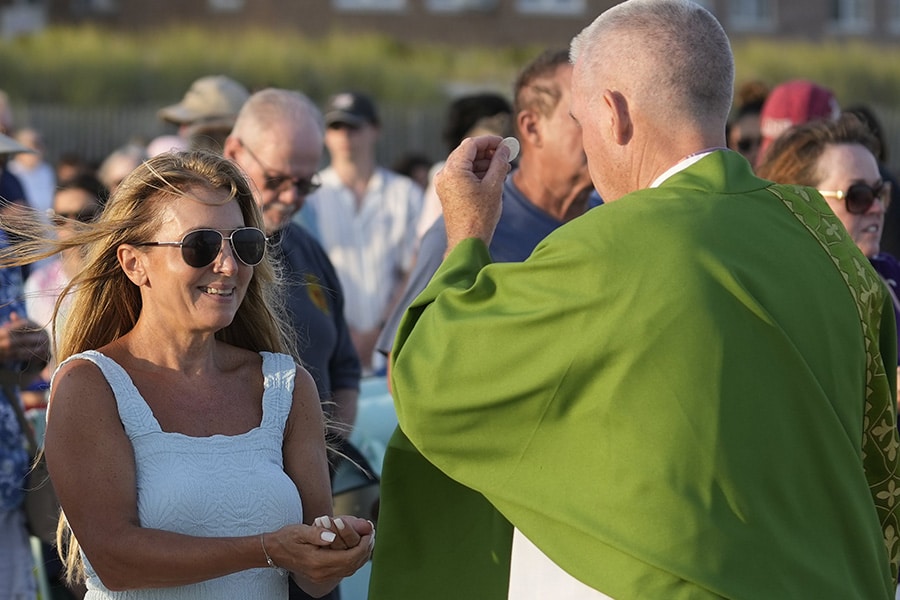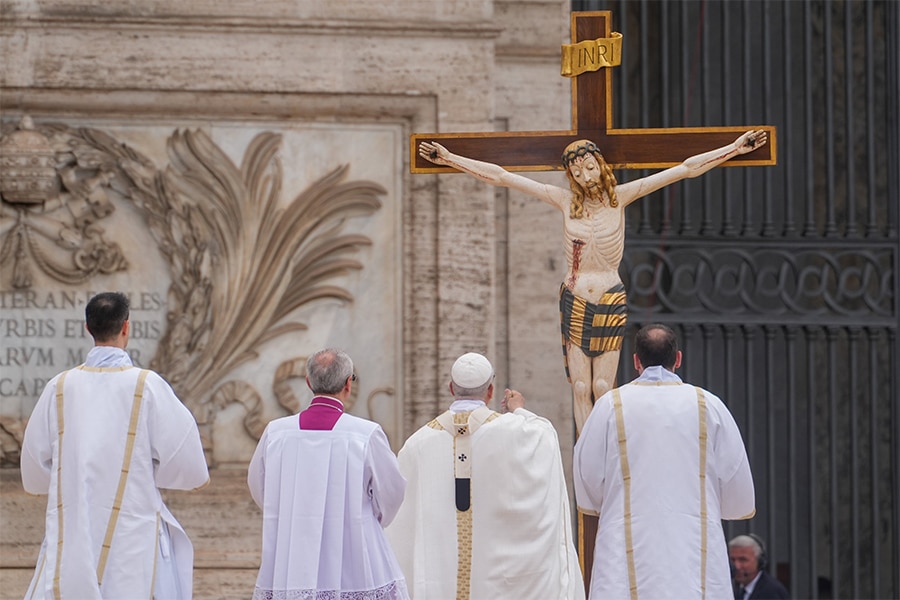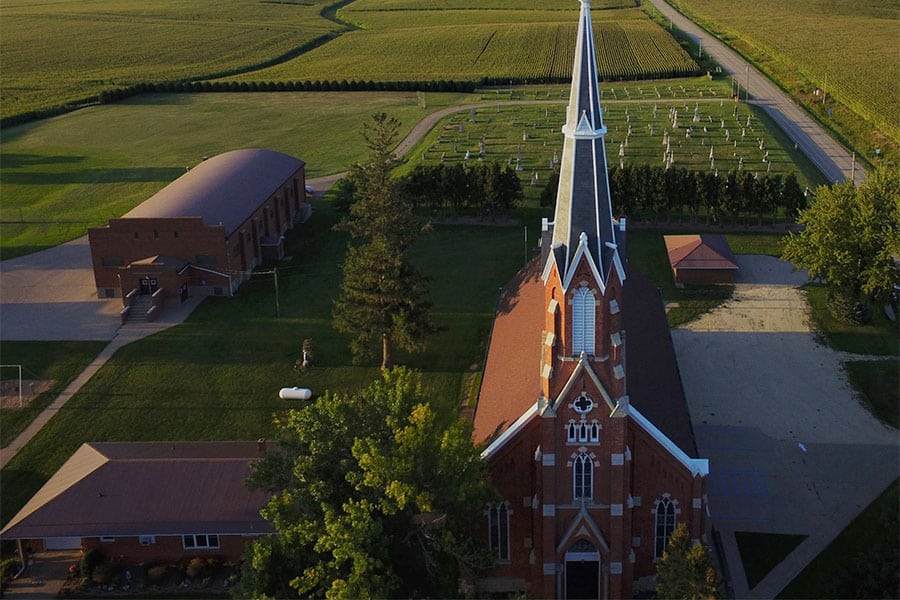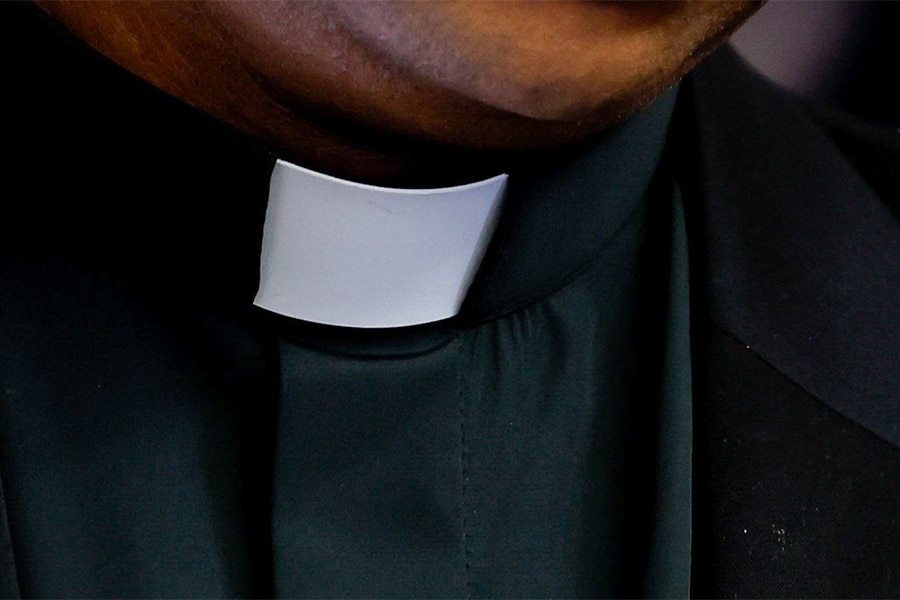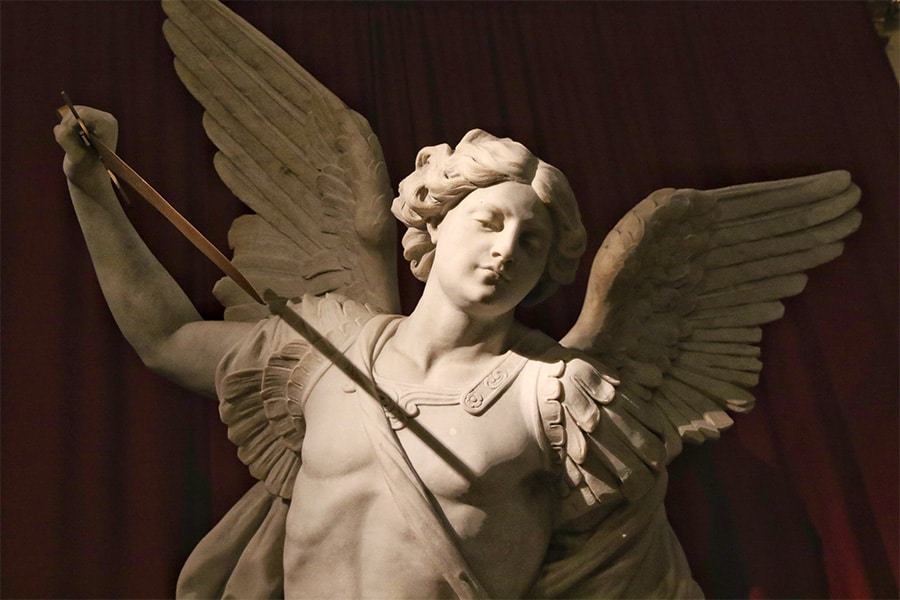Q. Recently you answered a reader’s question regarding their pastor, an African priest who is difficult to understand and who gives 30-minute homilies, the result being that parish attendance is dropping. (You suggested asking a parish council member to speak to the priest, voicing parishioners’ concerns.)
Here’s another suggestion. In our diocese, we have several priests whose primary language is not English. One of these priests realized that the congregation had difficulty with his accent; so now he has his sermons typed out and distributed. (Evansville, Indiana)
A. That, I think, is a very good idea. You didn’t say when the homilies are distributed, and there might be different views on that. Some would decide to have the copies available at the beginning of Mass, so that the congregation can follow along as the priest is speaking. Others might prefer that attention during Mass be devoted to the spoken word and that the printed homily be available as people are leaving church. (Practically speaking, I’m not sure how many parishioners would take it home and read it.)
There is a larger issue here, though. Aren’t the other prayers the priest says aloud during the Mass just as important as the homily — or more so? And what’s being done to help with that? I would think that any diocese that recruits a foreign priest has a responsibility to help that priests with his language skills. Surely there is an academic institution within reach that offers courses in English as a second language.
Q. I lost a close friend of mine in an accident. He was an Anglican; I don’t know his views about the Catholic teaching on purgatory, but I’ve been praying for him. I want to offer a Mass for him, just in case he is not yet in heaven. Will he benefit from that? (Uganda, Africa)
A. Yes, he will certainly benefit — and if he’s already in heaven, the limitless fruits of the Mass will be applied to someone else who needs it. So you are right — and generous — to request a Mass for his intentions.
The church’s Code of Canon Law says that “a priest is free to apply the Mass for anyone, living or dead” (Canon 901). That means a Mass can be requested for a person of any religion or none at all. (And my own experience has been that people of many faiths are grateful when a Mass is celebrated for a deceased member of their family.)
Anglicans — along with most Protestants — generally do not believe in purgatory as a place of waiting and punishment for our sins. They feel this would mean that the sacrifice of Jesus was insufficient and inadequate for salvation. But many Anglicans do believe in a continuing process of growth and development after death.
The Episcopal Church’s 1979 Book of Common Prayer includes prayer for the dead, and the prayers during the Sunday eucharistic liturgy include intercessions for the repose of the faithful departed. (The Episcopal Church, based in the United States, is a branch of the worldwide Anglican Communion.)
The catechism in the 1979 Book of Common Prayer states: “We pray for (the dead) because we still hold them in our love, and because we trust that in God’s presence those who have chosen to serve him will grow in his love, until they see him as he is.”
More Question Corner
Copyright © 2021 Catholic News Service/U.S. Conference of Catholic Bishops


